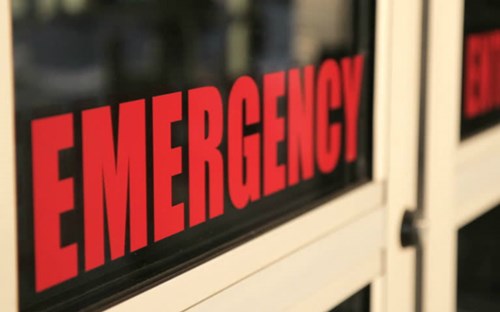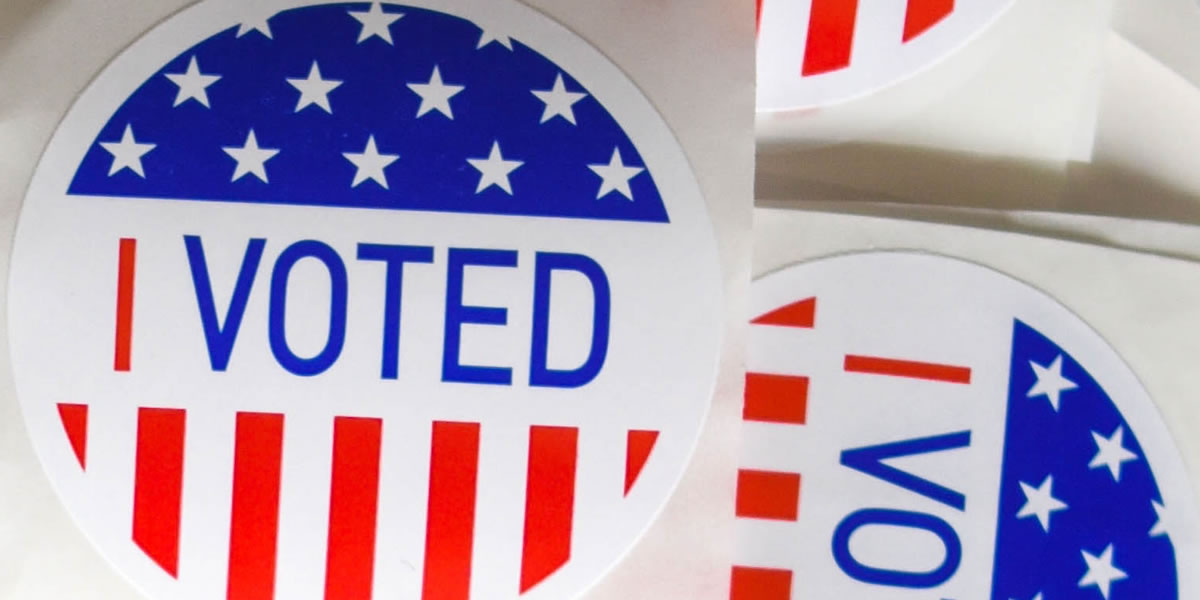Several justices, including the more conservative ones on the bench, suggested federal law about conscientious objections give ample protection for the beliefs of health care providers.
That argument overlooks the danger to women from abortion drugs that have been available for more than two decades.
Access to the drugs Mifepristone and Misoprostol, commonly used for abortion in the first 10 weeks of a pregnancy, was expanded by the Biden administration in 2021.

Making the drugs available through the mail was necessary because of the COVID-19 pandemic, acting FDA Commissioner Janet Woodcock argued then.
But the threat to women’s health is real, and the length of availability of the drug shouldn’t matter, Emily Davis, of Susan B. Anthony Pro-Life America, said on American Family Radio Wednesday.
“When government bureaucracies are involved the length of time doesn’t necessarily equate to quality of work,” Davis told show host Jenna Ellis.
A legal fight over ‘standing’
Much of the discussion centered on whether the Alliance for Hippocratic Medicine, a group of four medical associations and four individual doctors, who are collectively represented by the Alliance Defending Freedom, have the legal standing to sue the FDA.
The attention needs to be placed on women suffering side effects from taking the drugs, not technical matters, Davis said, adding that mail-in drugs represent a “new abortion landscape.”
“I’ve seen women who have been harmed by this. This isn't like what we typically think of abortion, where you have a woman going into a Planned Parenthood and there is an abortionist there doing the procedure. In the last three years, we've seen something completely new, and that is the majority of women getting abortion drugs,” she said. “There are so many risks that can go unchecked, like how far along is she? You can’t take these drugs after 10 weeks. That’s what’s happening on the ground in America today.”
 Leading drug retailers CVS and Walgreens announced earlier this month that they will begin selling abortion pills at pharmacy counters with a prescription.
Leading drug retailers CVS and Walgreens announced earlier this month that they will begin selling abortion pills at pharmacy counters with a prescription.
Biden said in a statement then that the availability of the pill at pharmacies was “an important milestone in ensuring access to mifepristone, a drug that has been approved by the Food and Drug Administration as safe and effective for more than 20 years. I encourage all pharmacies that want to pursue this option to seek certification.”
The FDA lists Mifepristone as “safe,” at its website then links readers to more detailed information that notes bleeding and “serious and sometimes fatal infections.”
The percentage of women suffering problems with side effects are small but translating those percentages to actual numbers makes them stand out, according to Mary Szoch of the Family Research Council.
Behind percentages is an E.R. trip
“We need to recognize the volume of women that are going to the E.R. because of this," Szoch told the Washington Watch program. "The FDA’s own label lists between 2.9 and 4.6 percent of women who take Mifepristone will need to go to the E.R. What that comes out to based on the numbers Guttmacher has reported each year is about 20,000 women."
Attorneys for the FDA implied that not all E.R. visits are necessary.
 “The attorney for the FDA said just because there were increased numbers of visits to the E.R. doesn’t mean there were serious adverse events," Szoch said of the court hearing. "Many women could have gone to the E.R. because they had heavy bleeding.
“The attorney for the FDA said just because there were increased numbers of visits to the E.R. doesn’t mean there were serious adverse events," Szoch said of the court hearing. "Many women could have gone to the E.R. because they had heavy bleeding.
"My question for her would have been how is a woman who is not a physician supposed to know if her heavy bleeding his hemorrhaging? How is she supposed to know if she’s in a life-threatening situation? Shouldn’t that burden be on the person who gave her that abortion drug? That is why that FDA safety standard should be there,” Szoch said.
Davis said the FDA’s own labeling says that one in 25 women who take the drugs will make an emergency room visit.
Conservative justices focus on exemption laws
Justices pressed on with concerns over standing and the conscientious objections of pro-life healthcare providers.
Justice Amy Coney Barrett expressed confidence that existing laws for exemptions provide ample protection for beliefs.
Barrett singled out a hypothetical presented by attorneys for the challengers, according to Scotusblog.com. She read from a declaration presented by attorneys that said physicians had “performed a dilation and curettage on a woman who was suffering serious complications, but the fact that she performed a D&C does not necessarily mean that there was a living embryo or a fetus because you can have a D&C after … a miscarriage.”

“So, if that’s right,” Barrett continued, “these affidavits do read more like the conscience objection is strictly to actually participating in the abortion to end the life of the embryo or fetus. And I don’t read either” of the doctors cited “to say that they ever participated in that.”
Justice Brett Kavanaugh, who often provides the key vote on ideologically divisive cases, was relatively quiet, Scotusblog.com reported, but he too focused on the scope of the conscience exemptions.
“Just to confirm,” he asked U.S. Solicitor General Elizabeth Prelogar, “under federal law, no doctors can be forced against their consciences to perform or assist in an abortion, correct?”
“Yes,” Prelogar responded. “We think that federal conscience protections provide broad coverage here.”
A forgotten group left unprotected
At the end of the day, access to abortion drugs through the U.S. mail leaves an extremely vulnerable group of women unprotected – those who are pressured to have an abortion.
“When you don’t even have to see a doctor on a screen, let alone a doctor, what does that mean for the majority of women, who we know, based on a recent study from last year, say they were forced or coerced, or that abortion was inconsistent with their values? Where does that leave them?” Davis asked.














